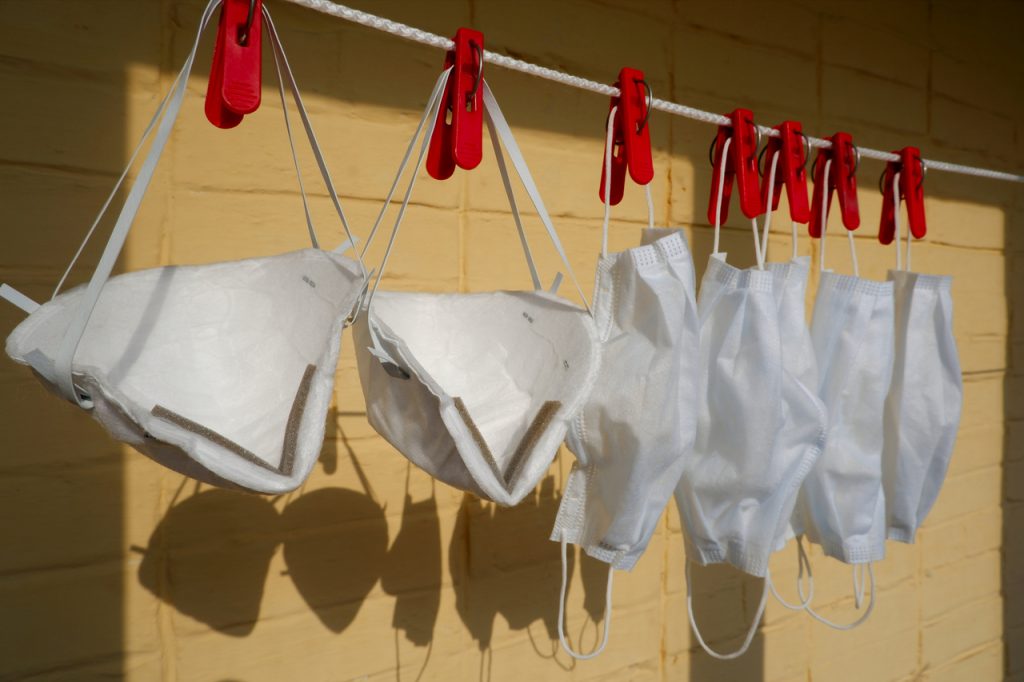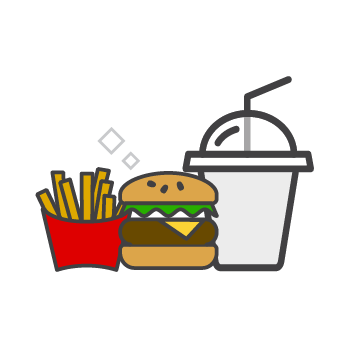Five Things That Are Likely To Change After COVID-19
by Carolyn Lee Jun 1, 2020

COVID-19 will be a part of our reality for a while longer.
As some countries begin to consider lifting some of the restrictions that were imposed because of COVID-19, many of us are starting to focus on what life will be like going forward.
There is still no vaccine for the virus, as such, the alternative is to figure out how we can live with it.
This means that more changes are ahead for how we interact with each other and how we do business.
We do not have all the answers. However, what we do know is that some things will not go back to normal.
Let’s look at some of the things that are likely to change after COVID-19.
Working from home will become normalised
The government implemented “Stay at Home” order resulted in some companies implementing “Work from Home” policies for many of their company members.
Although some persons are still adjusting to working from home, the initiative has proven to be successful for some business owners.
With large companies like Twitter advising their staff that they can work from home full time going forward, other companies are starting to look at how viable it is to keep some teams working remotely.
Over time, some companies may opt to have their members return to the physical office spaces. However, since there is still no cure for the virus, it could take a while for this to happen.
Public hygienic practices will shift
There is no doubt that COVID-19 has forced us to focus on our hygienic practices.
From handwashing to sanitising, wearing face masks and gloves to literally keeping a safe distance from others, there is a distinct change in our behaviour and social interactions.
It is likely that once more restrictions are lifted, some persons may become less vigilant. However, persons who contracted or had to care for someone who contracted the virus are likely to continue being strict with their hygienic practices.
Many businesses, once reopened, will also ensure that there are new policies in place for sanitising and overall hygiene.
New health care policies may be implemented
The pandemic has highlighted many shortcomings in the healthcare system globally, which are being reviewed.
Our health care professionals have done and continue to do a remarkable job, sometimes without the necessary resources during this crisis.
The shortcomings within the healthcare industry will result in new policies that should mitigate against similar challenges going forward.
It is likely that many healthcare workers will experience burnout at some point, as such, incentives and programmes to assist them are also expected.
An interesting conversation that has been garnering traction is that of immunity passports.
While this is mainly tied to travelling, it may be required for some persons to return to work. If it becomes mandatory, it will still fall under the purview of health ministries.
Dining out, concerts and other social activities could change
The hospitality and entertainment industries have been significantly impacted.
We miss eating out, live events and other activities that allowed us to bond, relax and enjoy being with each other.
There is no blueprint for how these industries will move forward. However, what we do know is that eating out will not be the same.
Even with restrictions lifted, many persons may still opt for curbside pick up or delivery services from restaurants.
Many major sports events and live concerts have been cancelled.
With social distancing still necessary to reduce the risk of transmission, it may take a while before major sports events and live concerts resume.
Thankfully, there are many virtual concerts that have been happening online and via social media.
The culture of fear will slowly shift
The pandemic has proven to be a stressful time for many of us.
With businesses undergoing transitions to stay viable, many persons have become fearful of having reduced income or losing their jobs.
There is still a lot of fear and concern about contracting the virus, which could prove to be devastating in many ways.
The uncertainty of what’s next makes some of us fearful of interacting with others in public spaces.
Travel enthusiasts are also being very cautious about how to travel and what travel will be like.
It is likely that two scenarios could result once more restrictions are eased. We may see many people rushing to travel because great deals will be available on flights and hotels.
Conversely, some people will remain cautious, since there is no vaccine and they are fearful of contracting the virus.
We know that there will be more significant changes in the months ahead. Presently, it is difficult to predict what some of those changes are.
We encourage everyone to remain vigilant, mindful and to keep practising the preventive measures that are in place.
Sources: Medical Futurist, Fast Company, Discover and Bloomberg.








